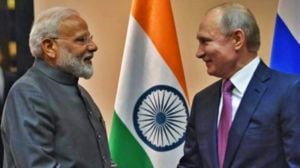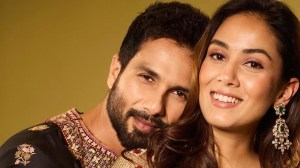All that haunts Assam now in a thesaurus
The man credited with brining out the most modern Assamese dictionary has come up with a thesaurus enlisting...

The man credited with brining out the most modern Assamese dictionary has come up with a thesaurus enlisting as many as 60 Assamese ghosts and evil spirits.
The Jyoti Bilingual Thesaurus released recently by Pranavjyoti Deka lists these ghosts and spirits, many benevolent in nature, who have for long been part of the state’s folklore and culture.
“While the gods, goddesses and the ‘supreme spirit’ of the Assamese society are all of all-India nature, except for Kechai-khati, the ghosts and evil spirits of Assam are very much her own,” says Deka, who had earlier compiled the dictionary Jyoti Dwibhashik Abhidhan.
“Nothing reflects better the norms, mores and fears of a society than the ghosts and evil spirits it creates in its mind. And, while the number of gods and goddesses is restricted by religious scriptures, there are no such reins in the case of ghosts and evil spirits,” he says.
The thesaurus mentions a wide range of ghosts and evil spirits, starting with ashiriri, or “incorporeal existence”. Deka also talks about khoba-khubi — a pair of evil spirits who haunt newly-wed couples and can be scared away by reading the hara-gauri (Shiva-Parvati) mantra on the third day of marriage; the khetar (a local evil spirit that is said to harm little children); the churini bira — a female evil spirit that steals items from the house and kitchen; and many others. But it is the baak that appears to be the most well-known and widespread of evil spirits across Assam, which Deka describes as a male ‘endemic ghost’ existing all over the state under various names.


- 01
- 02
- 03
- 04
- 05





























